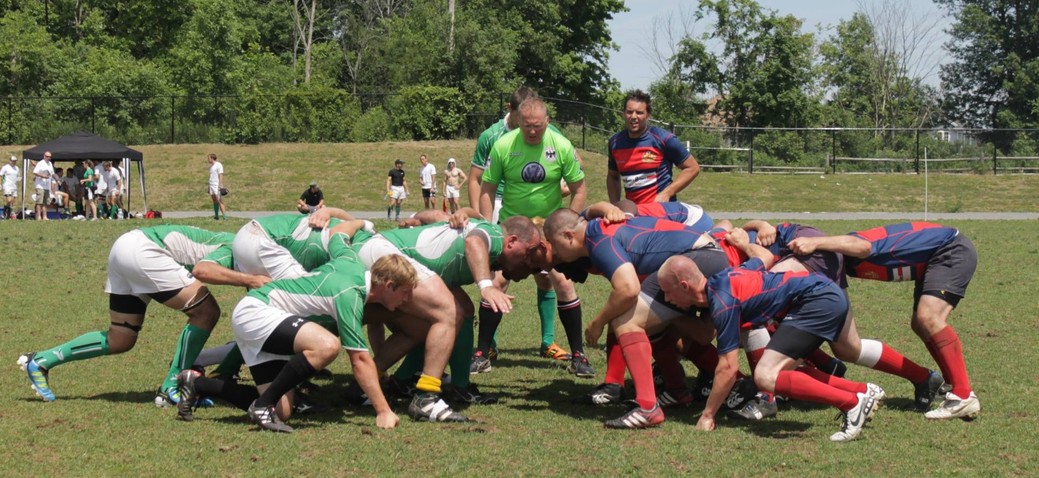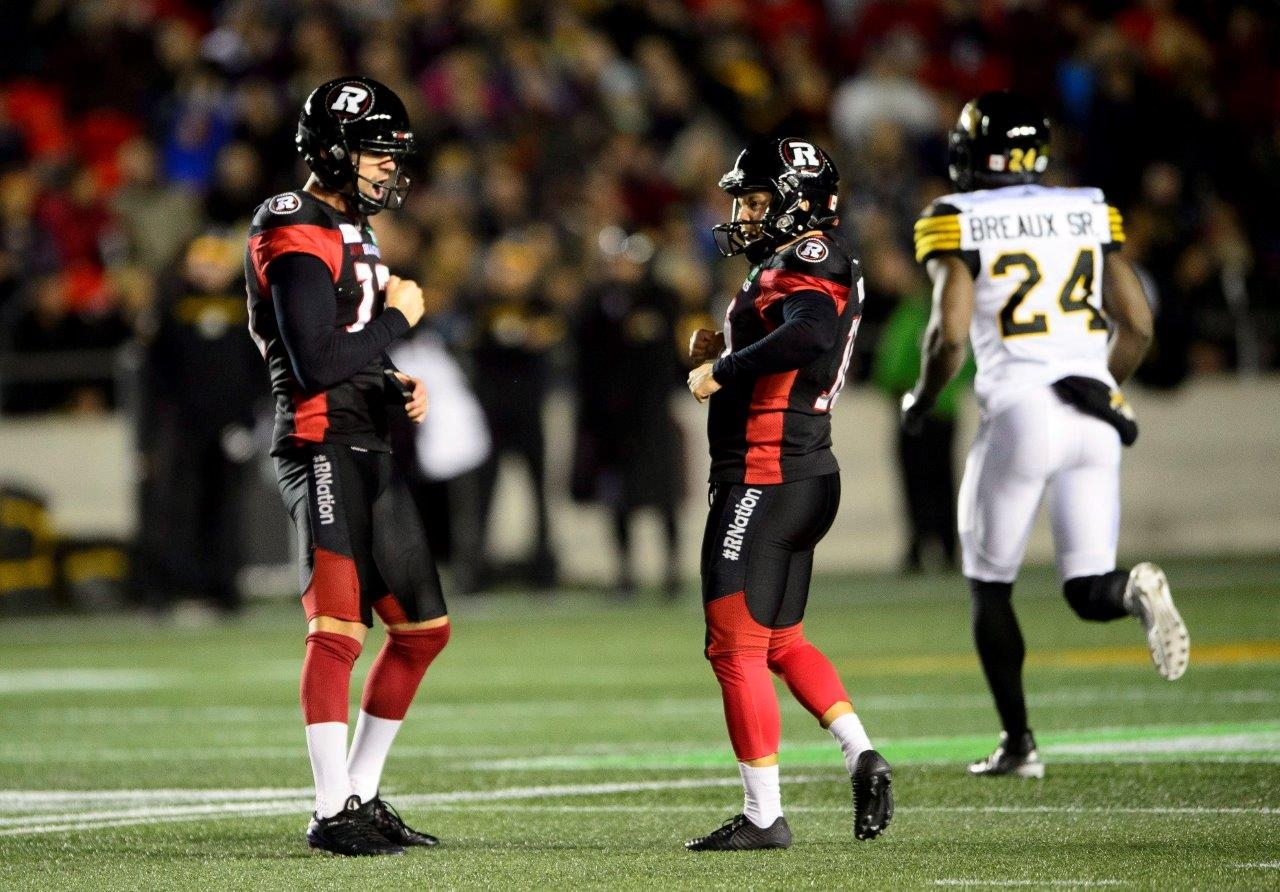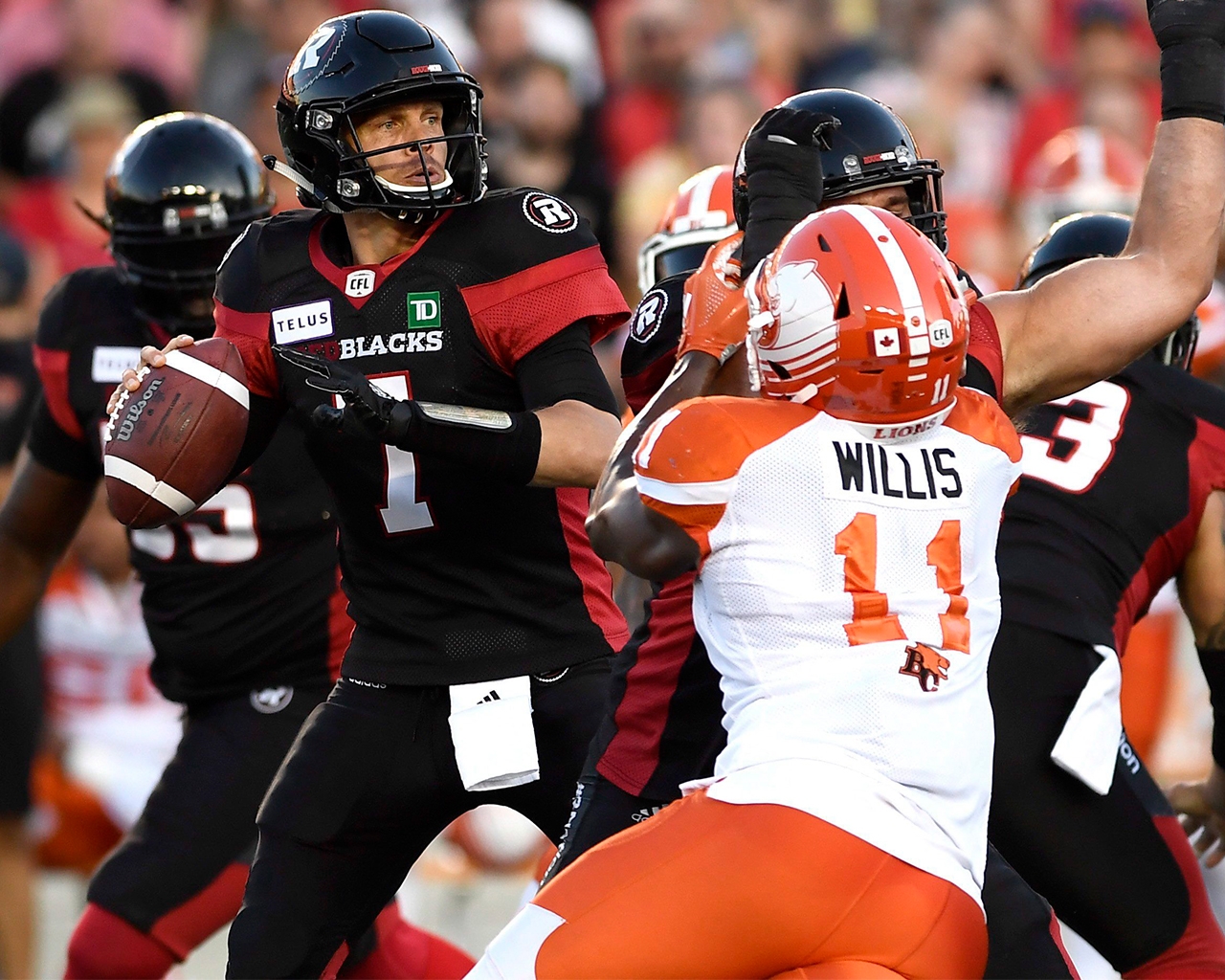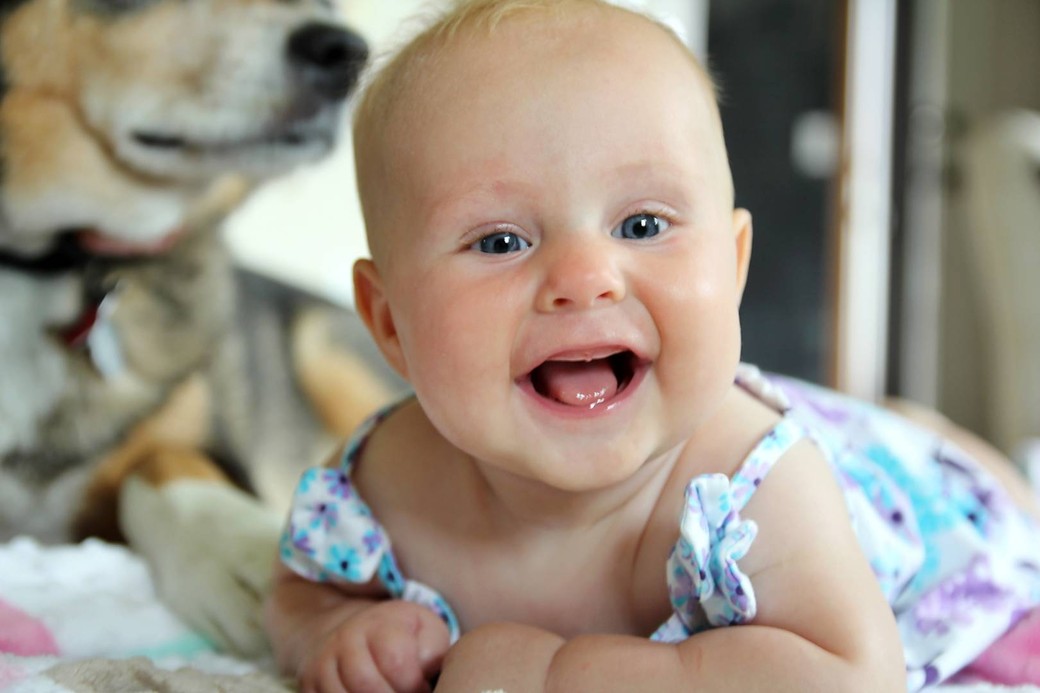
The “Rugby Parent” polar opposite of rink-side counterpart
It’s a Wednesday night at South Nepean Park in Barrhaven and friendly trash talk and laughter are being thrown around along with a rugby ball.
A group of parents are doing their own round of laughing and talking. They occasionally stop to watch the impromptu game of touch rugby that has broken out among the half dozen teenage boys and offer an encouraging shout or two.
These teens, members of the Barrhaven Scottish Rugby Football Club, are a minority. Youth participation in rugby hovers between five pin bowling and field hockey in Canada and is well outside the top 15 sports played in the country, according to the most recent StatsCan report.

But being a minority has helped Canadian rugby stave off one of the most common plagues in minor sports; the so-called Hockey Parent Syndrome.
It is no secret that in the hockey-crazed land that is Canada, passions can run high among parents hoping and wishing their child will be the next Sidney Crosby. This fervor has led to fights in the stands, harassing of referees and other inappropriate behaviour in rinks around the country.
The animosity has spilled from the ice to the baseball diamond, soccer pitch and other mainstream sports venues for youth.
But junior rugby is mostly immune to the Hockey Parent Syndrome, says members of the Ottawa rugby scene.
“Among Canadians, hockey parents have the worst reputation of any sports fans around. Every year you’re hearing horror stories about them,” says Gord Tennant, president of the Barrhaven Scottish,“But with rugby you got a really good community base and the parents seem to have more of a community spirit. Our kids go out and win or lose, the parents are usually happy unless there’s an injury. It’s all about being together on Saturdays and playing the game and enjoying the game.”
And it’s easier to enjoy the game when you know almost nothing about the game, says Tennant, a former coach and father to three rugby-playing children of his own.
“There are a lot of parents that are really new to the game,” he says, “so you’re not going to get people screaming and yelling at referees or coaches or volunteers because of calls they’ve made since they’re just learning what the calls mean. Instead, the parents will cheer the good plays and enjoy watching their kids play rugby.”
“Everyone in Canada knows hockey so everyone in the stands is a referee or a coach with their own opinion, but in rugby you don’t get that as much,” says Tennant.

When Cairine Rose put her son, Miles Anderson, in rugby at the age of 8, she knew just as much as her son did about the sport, which was next to nothing.
“I didn’t know anything about (rugby) so I just sat back and watched (Miles) and enjoyed it,” says Rose, “I don’t yell and scream. I think the coaches should run the team because they know more than the parents on the sidelines.”
The absence of so-called hockey parents in rugby leaves room for improved play and a better outlook among the youth, says rugby parent Sherry Jones.
“The parents trust the coaches and don’t try to be the coaches and so the kids trust them too,” says Jones whose 15-year-old son Aiden plays rugby for the Barrhaven Scottish.
“And because of this they learn more and they enjoy the sport more.”
Tennant agrees and says that in what he considers the hardest all-around sport there is, having unselfish parents on the sidelines lets players focus on teamwork and playing their best, not individual accolades.
“Rugby is probably the most complete team sport that I know of. When you have a breakaway in rugby, 90 per cent of the time you’re going to be passing the ball to someone else to score,” says Tennant.
“No one person alone can win a game in rugby. Our juniors know that and can focus on that and they can enjoy the game more,” says Tennant.

Ridding a sport of jeering, infighting and disrespect can go a long way in helping a child enjoy the game. It can also take them a long way through life. That’s why the Barrhaven Scottish has teams that range in age from under six to over 50.
Tennant tells of a member from the team that is getting married soon. His whole wedding party is made up of teammates from the Scottish. It was the same, he says, for himself.
“Rugby is a real community sport, it’s inclusive, there is no disrespect from the sidelines here. You can enjoy it and be competitive at the same time and make lifelong friends.”









